OpenAI said it conducted a “deliberate review process” and “concluded that he (Altman) failed to maintain candor in his communications with the board, which impeded his ability to carry out his responsibilities.”
“The board no longer has confidence in Altman’s ability to continue to lead OpenAI,” the statement said.
OpenAI’s board of directors includes chief scientist Ilya Sutskever and independent directors such as Quora CEO Adam D’Angelo, tech entrepreneur Tasha McCauley, and Helen Toner of the Georgetown Center for Security and Emerging Technology. OpenAI says the board is “the overall governing body for all OpenAI activities.”
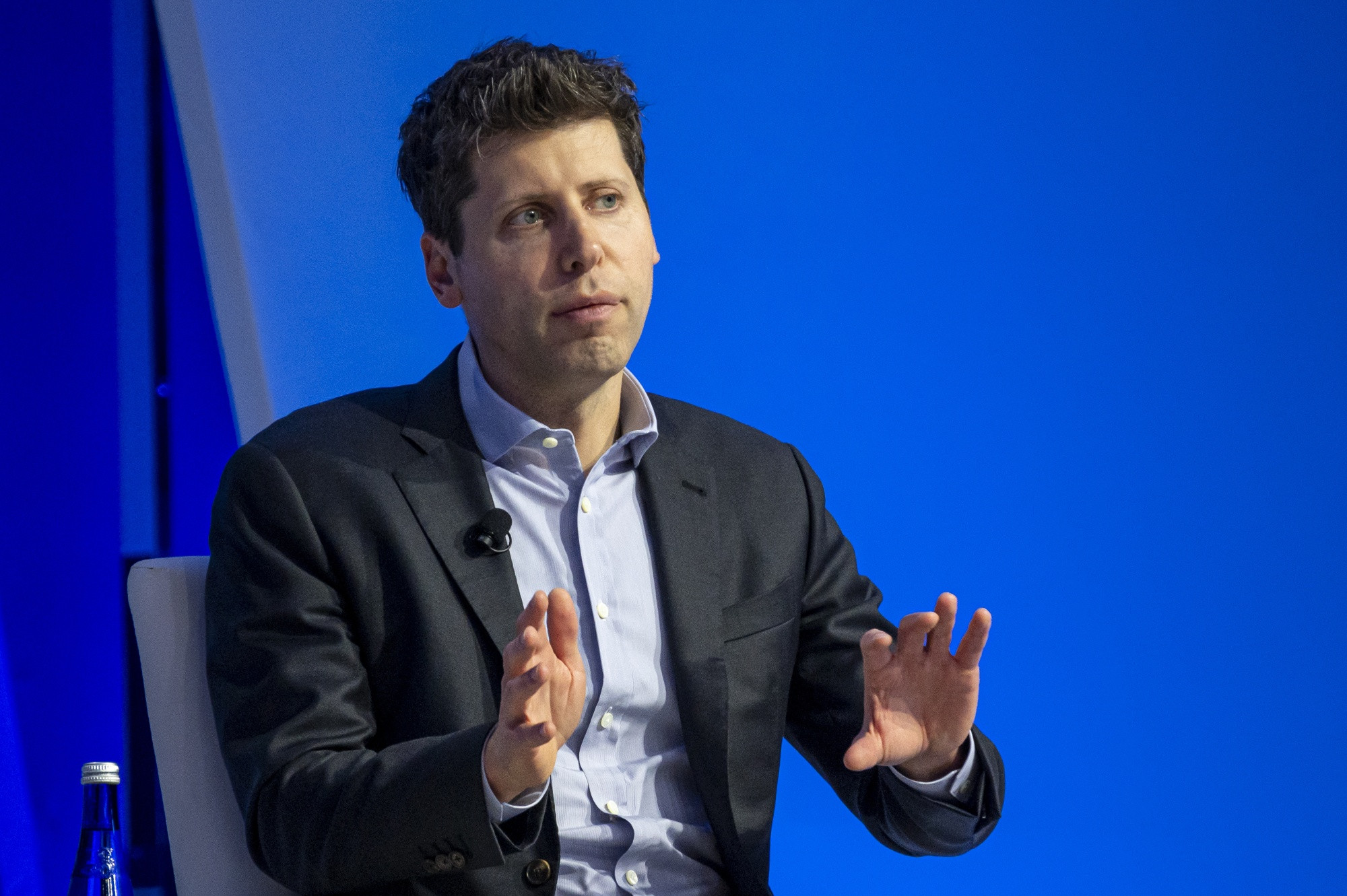
Not only Altman, OpenAI President Greg Brockman will also step down as Chairman of the Board and maintain his position at the company, reporting to the CEO.
On X, Sam Altman acknowledged that he was leaving OpenAI, but did not address any of the board’s allegations. “I loved my time at OpenAI,” he wrote. “I have changed personally and hopefully the world a little bit. Most of all, I enjoy working with talented people.” He added that there would be “more to come.”
OpenAI – a startup that Microsoft has invested billions of dollars in – became famous late last year after releasing its ChatGPT chatbot to the public. The service receives user prompts and executes requests in creative ways, kicking off a generative artificial intelligence (AI) race in the tech world.
A Microsoft spokesperson said the company has a “long-term partnership with OpenAI, and Microsoft remains committed to Mira and their team as we bring the next era of AI to customers.”
OpenAI launched as a nonprofit in 2015 with backing from Tesla CEO Elon Musk, who reportedly pledged $1 billion to the project. Prior to taking on the CEO role, Altman was president of startup accelerator Y Combinator. Earlier in his career, he founded social networking company Loopt.
As ChatGPT grew in popularity, Altman’s profile skyrocketed, becoming a poster boy for the booming AI industry globally. In September, the 38-year-old tech executive was granted a “golden visa” by Indonesia, which grants 10 years of residency and other privileges in the country.
Altman visited various Asia-Pacific countries over the summer including Singapore, India, China, South Korea and Japan, meeting with leaders and government officials, speaking publicly about the growth of AI and the need for regulation.
He testified before the US Senate in May, calling on lawmakers to regulate AI, citing the potential for negative impacts on the job market, the information ecosystem, and other economic and social concerns. “If this technology goes wrong, it can go completely wrong,” he said at the time. “And we want to be vocal about that. We want to work with the government to prevent that from happening.”
Before the Senate hearings began, Altman also spoke at a dinner with about 60 lawmakers, who were reportedly impressed by his speech and performance. More recently, Altman spoke this week at the Asia-Pacific Economic Cooperation conference in San Francisco.
OpenAI held its first developer conference in early November, highlighting the startup’s growing popularity in the tech industry. Microsoft CEO Satya Nadella made a surprise appearance at the event, joining Altman on stage to discuss the startup’s AI technologies and its partnership with Microsoft.
(According to CNBC)

Source








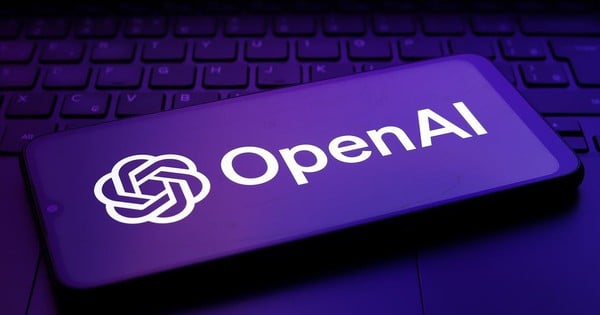





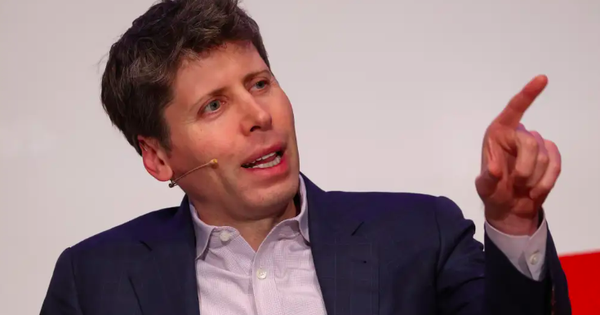
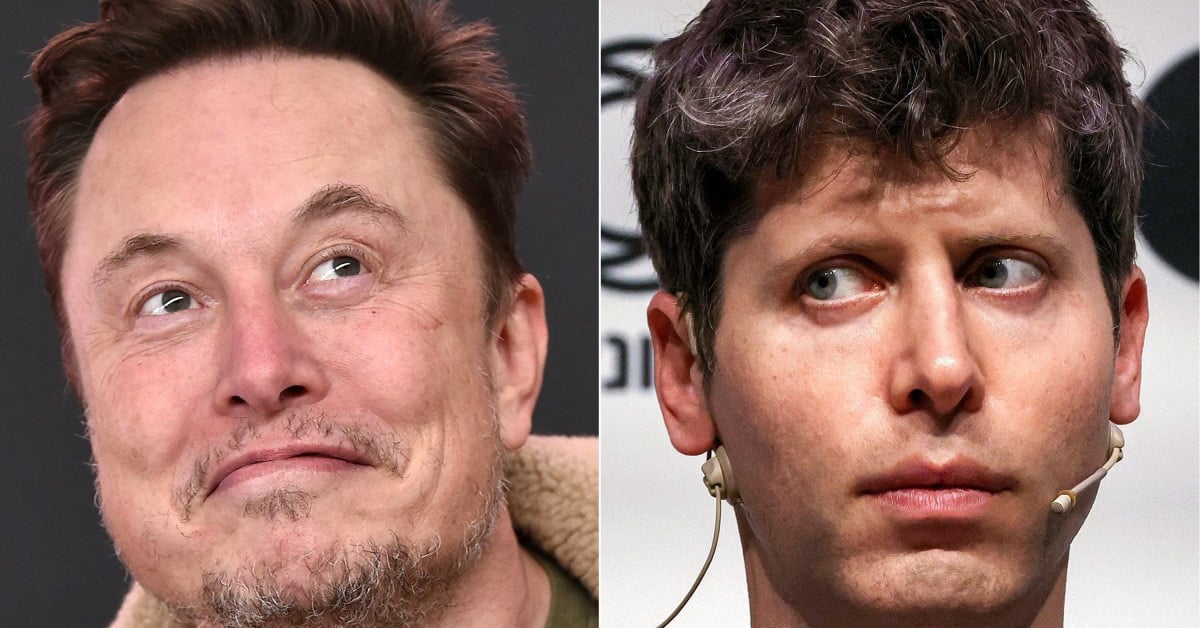
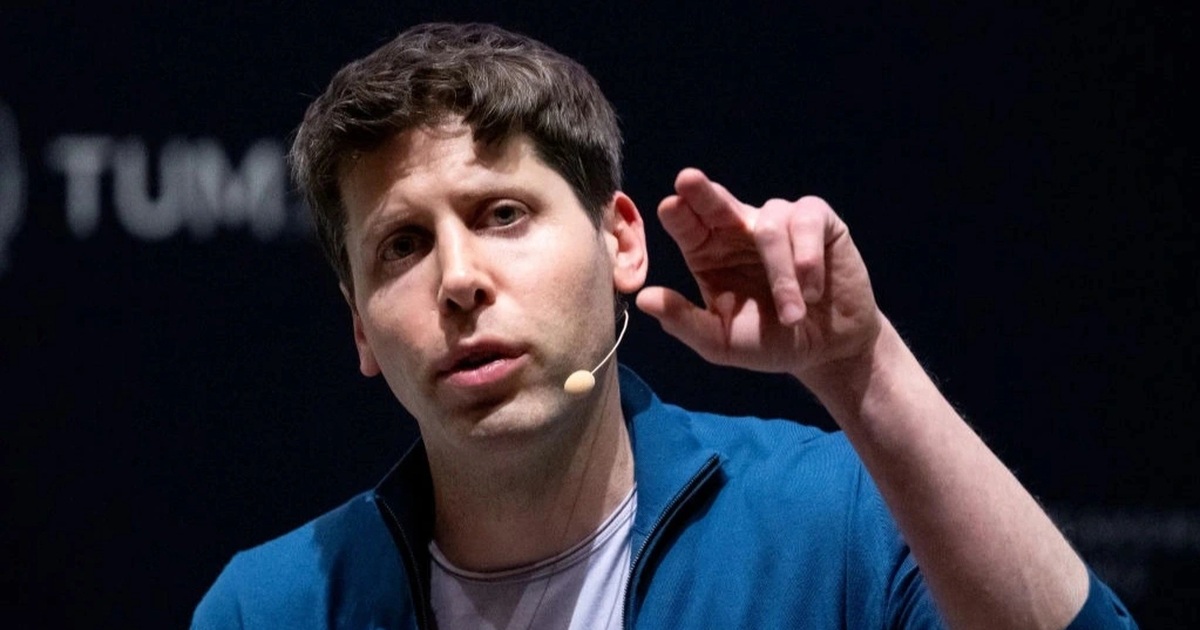


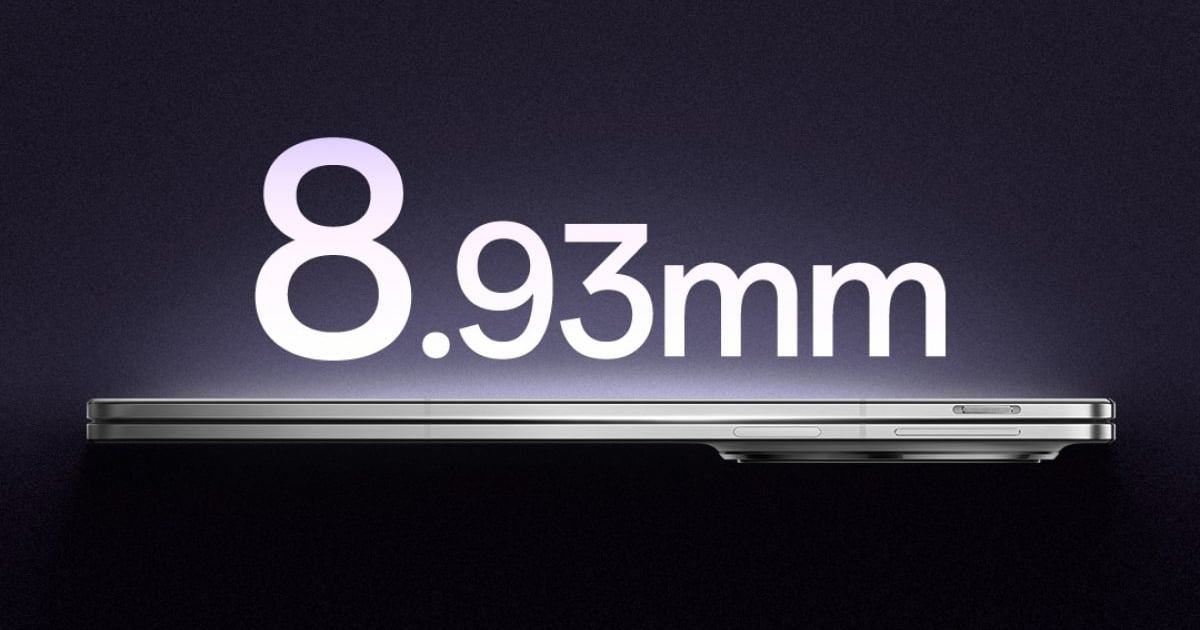



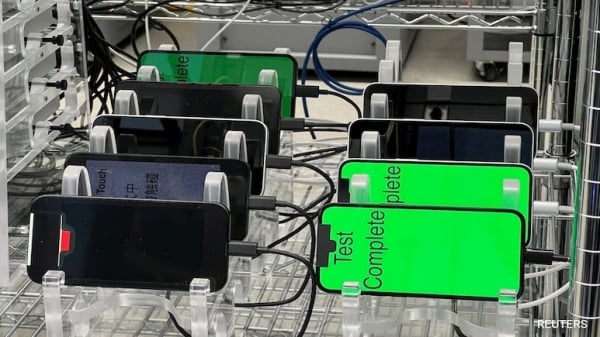

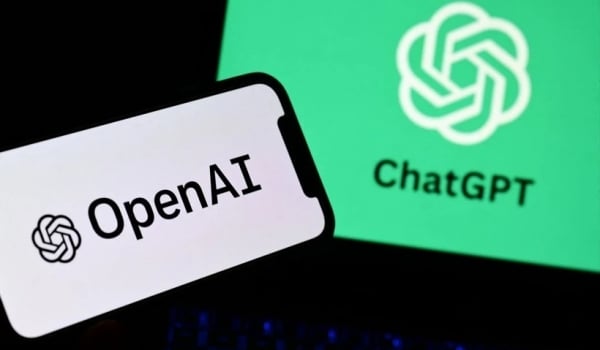

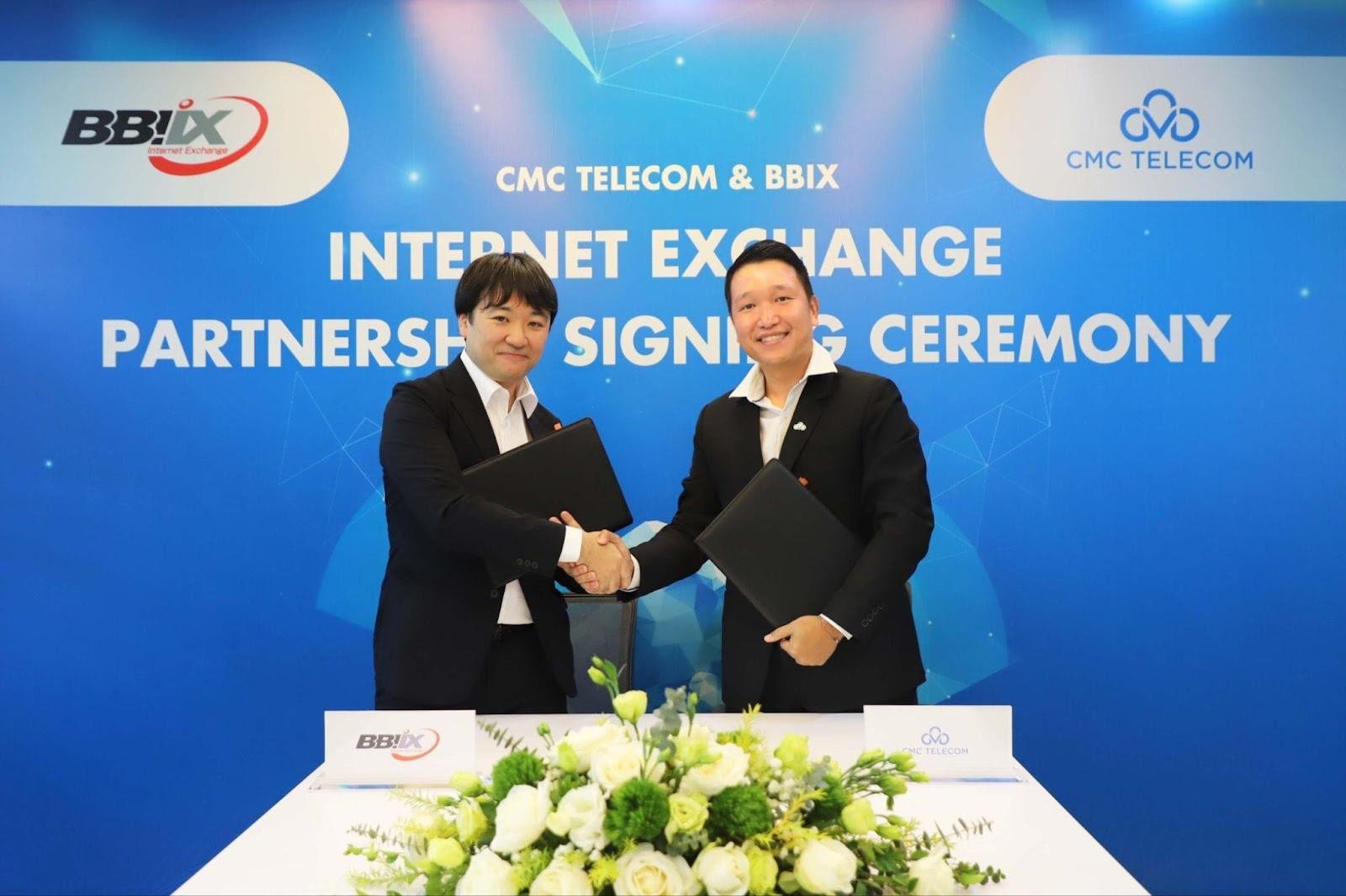
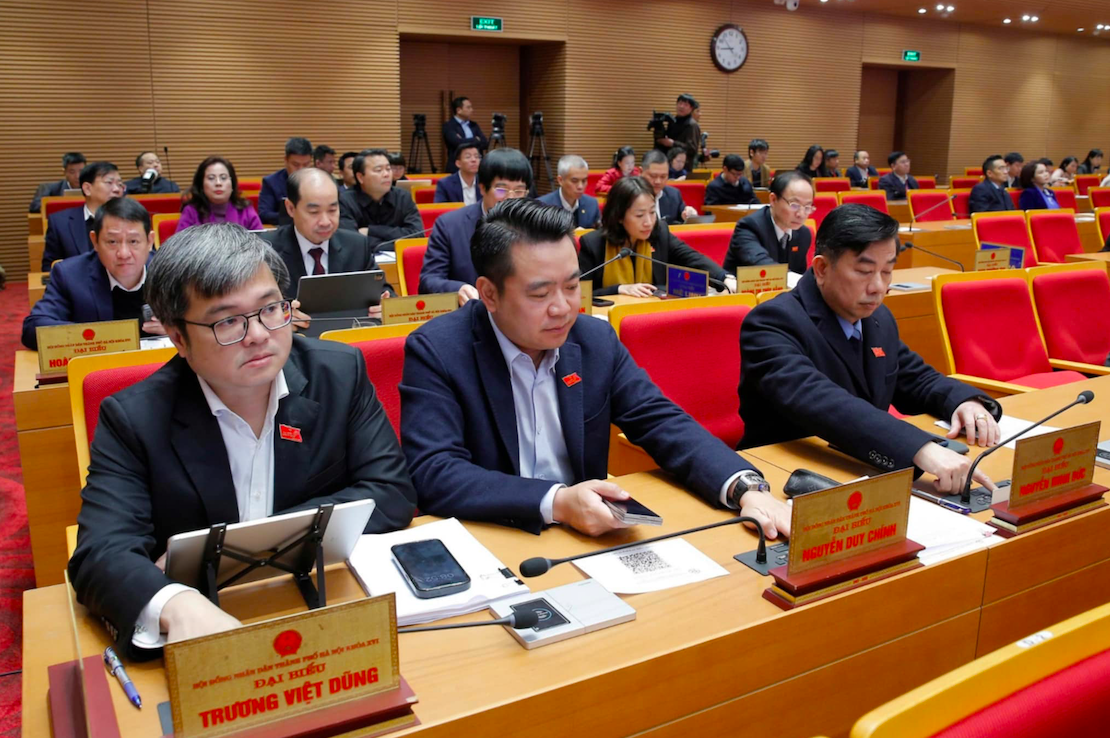
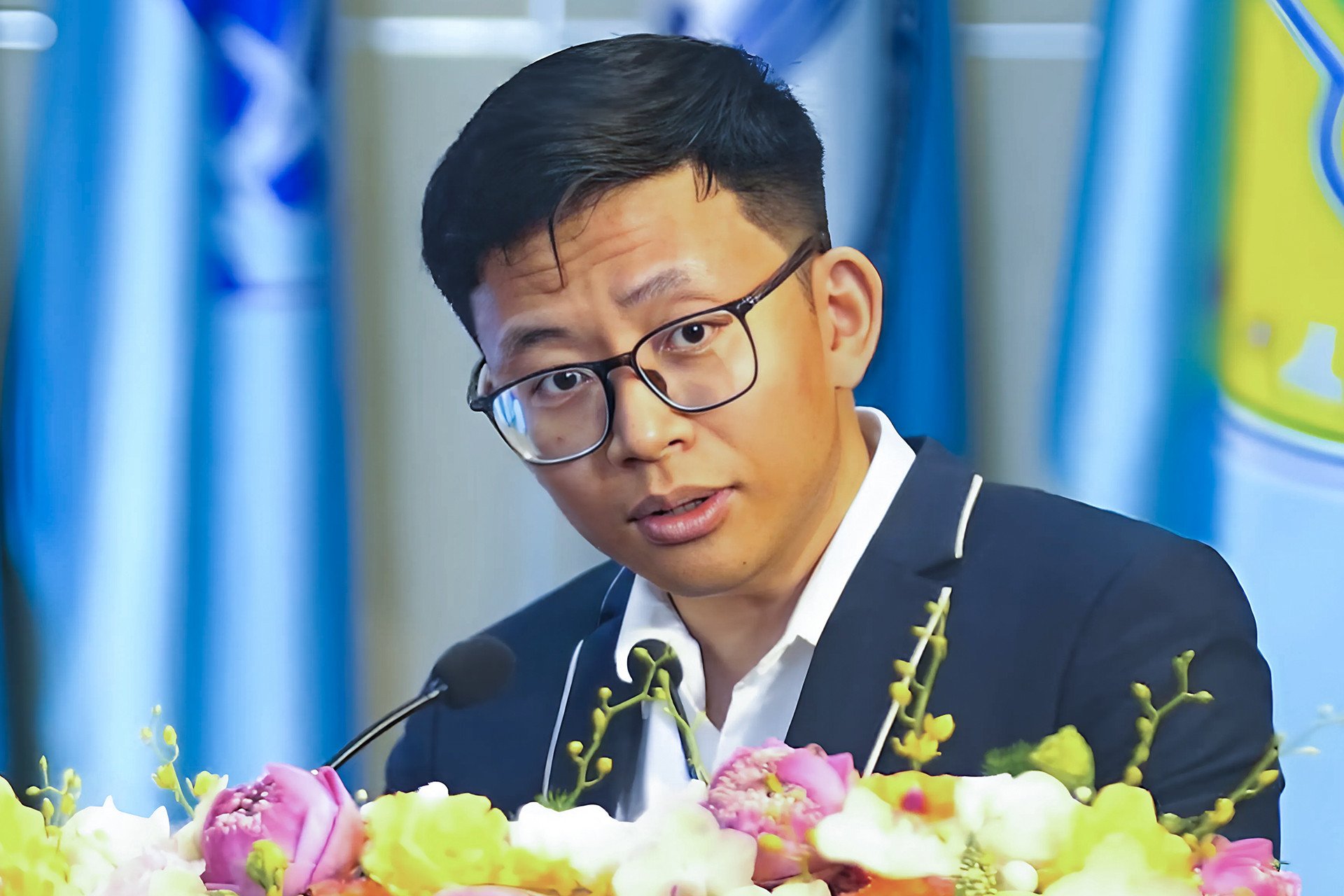

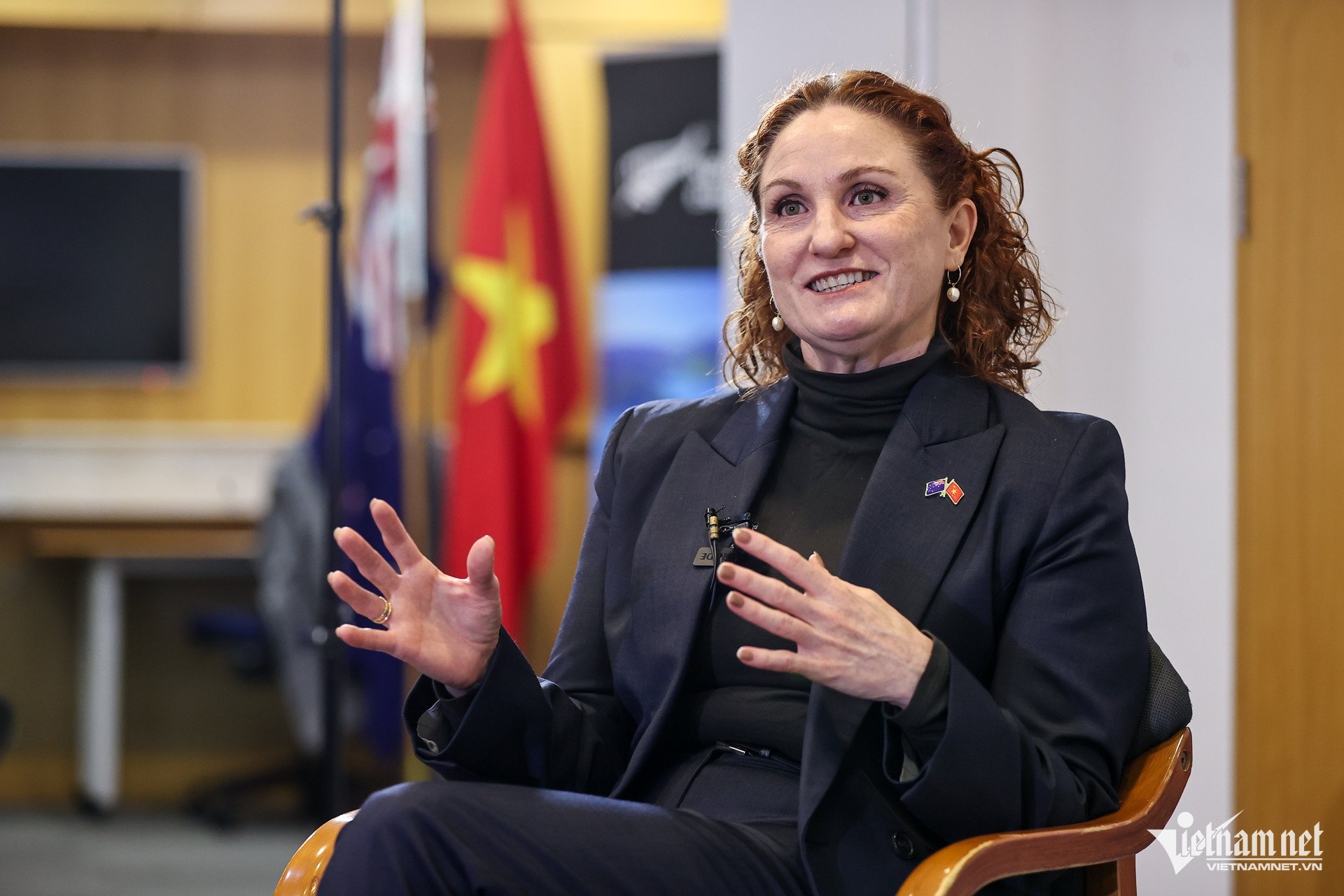








![[Photo] Prime Minister Pham Minh Chinh chairs Government Conference with localities on economic growth](https://vstatic.vietnam.vn/vietnam/resource/IMAGE/2025/2/21/f34583484f2643a2a2b72168a0d64baa)










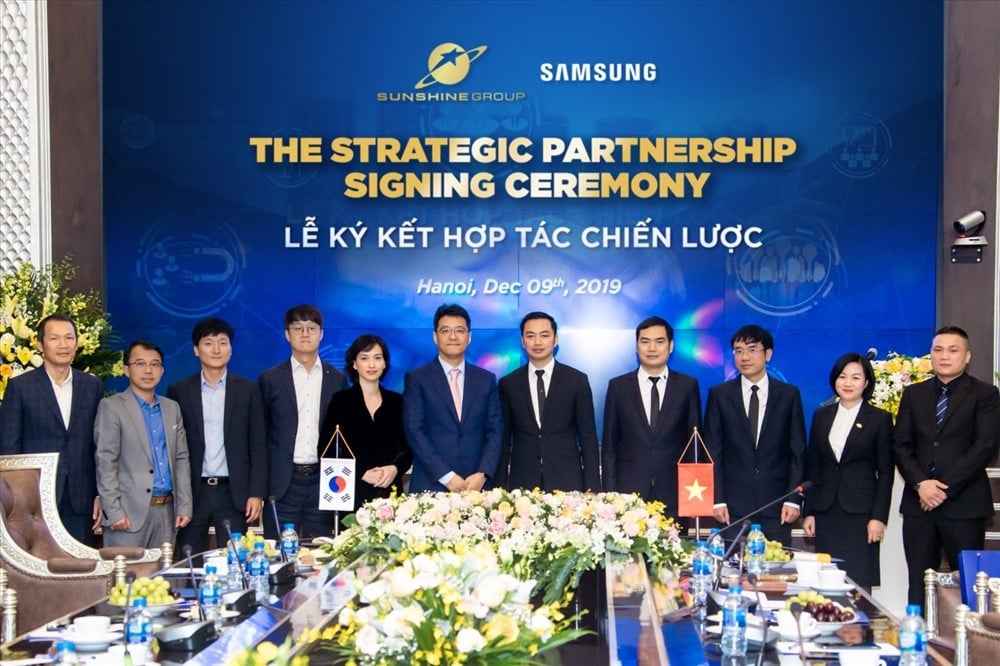

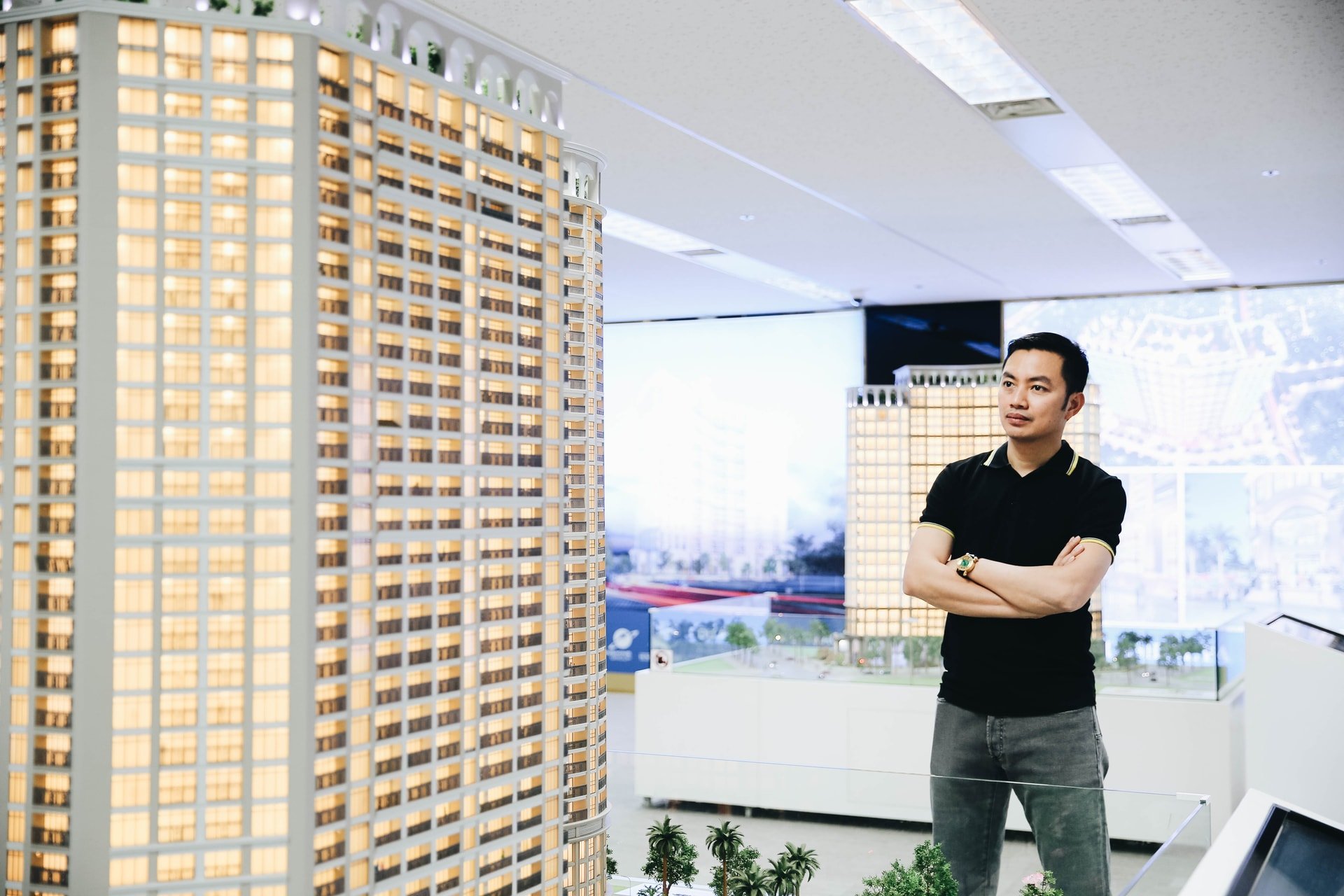


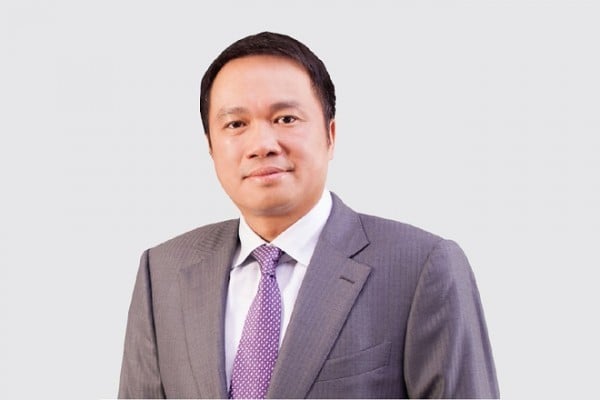









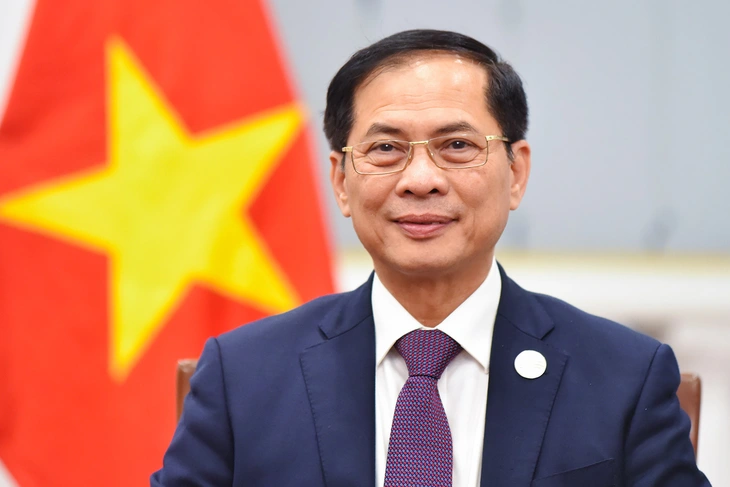
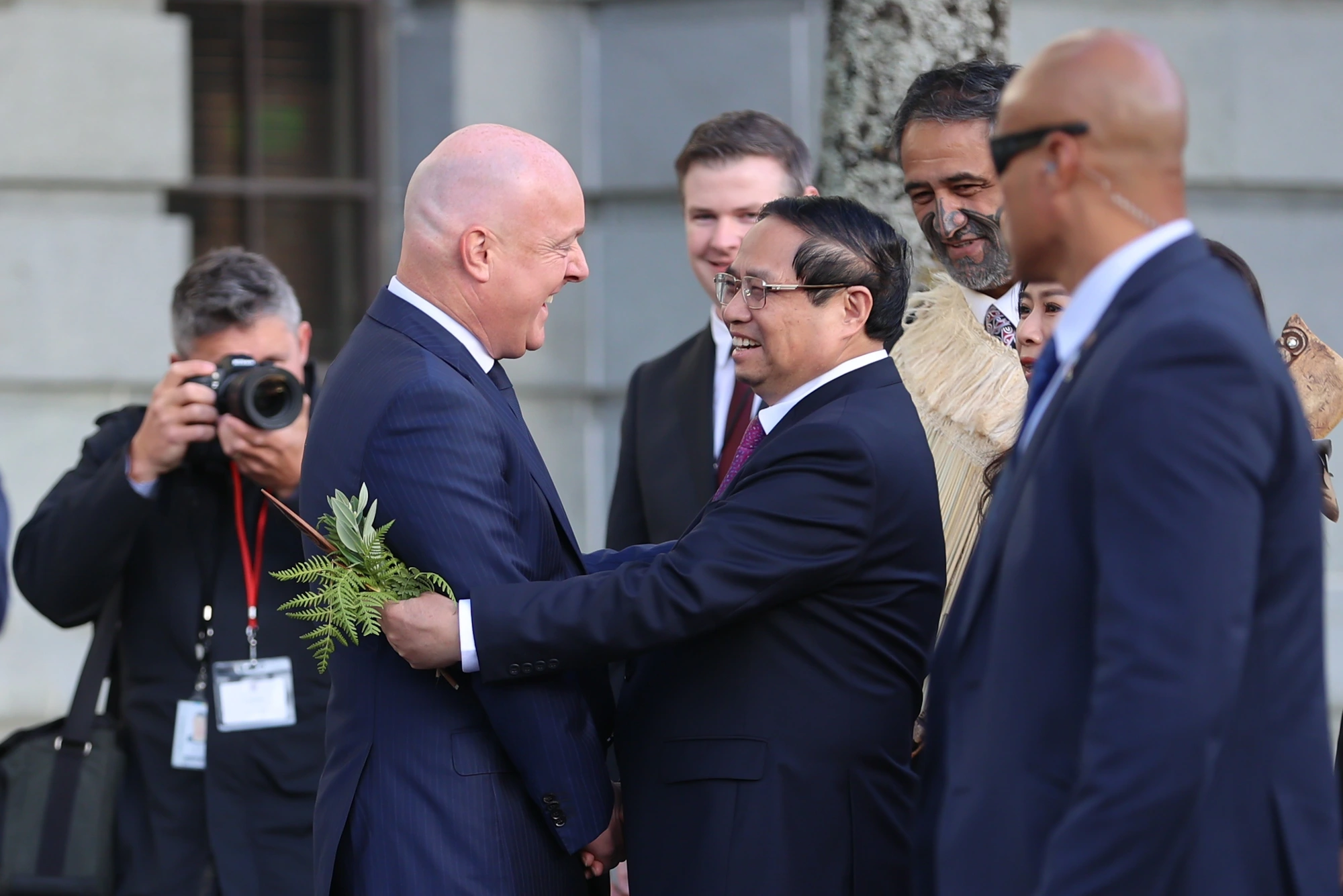




























Comment (0)